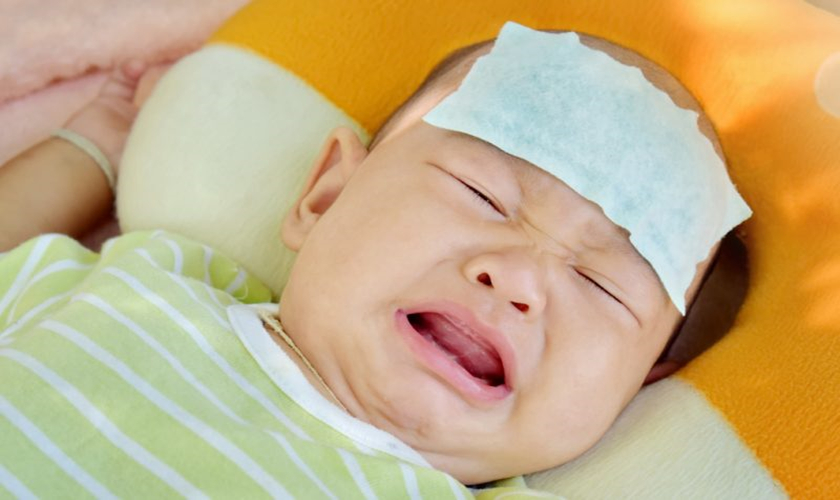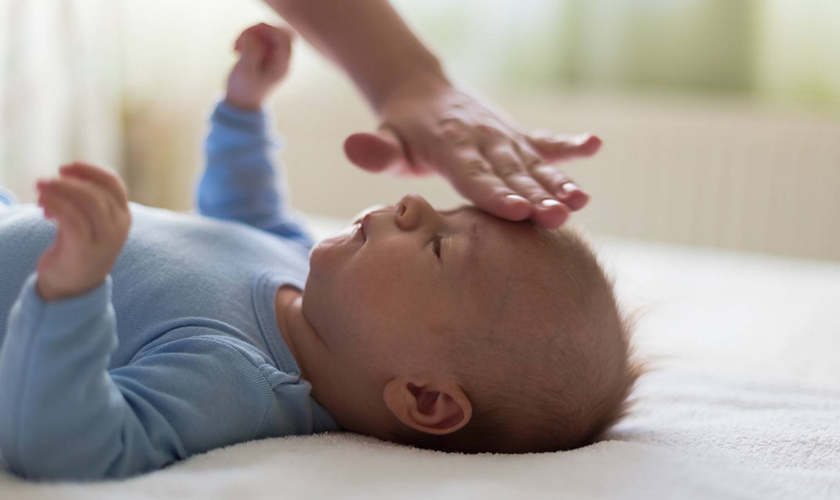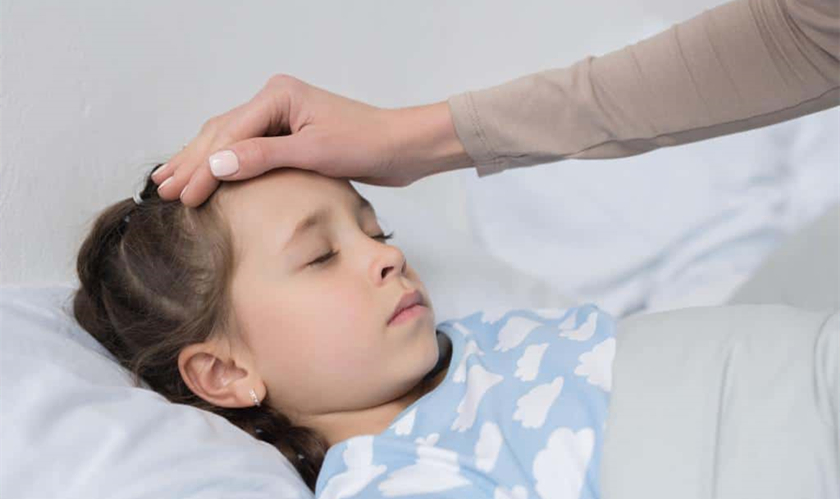OEM factory to provide hygiene products with your own private label
 Dailys
Dailys  2025-02-26
2025-02-26
Fever is a form of defense in the body against bacterial and viral attacks. However, while some researchers have pointed out that the body may be better able to fight infection when the body temperature is elevated, on the other hand, if the baby's body temperature is too high, it will be very uncomfortable and even unwilling to eat, drink or sleep. This makes it harder for the body to recover.

What should I do if my baby has a fever? I believe that many parents will be very worried about their baby's fever, and as new parents, they are really helpless in the face of their baby's fever. Here are a few common solutions:
1. Wear less clothes to cool the child. The traditional concept is that once a child has a fever, it is necessary to wrap the child tightly with clothes and quilts to "force" the sweat out. In fact, this is wrong. When a child has a fever, they will tremble. Parents will think that the child is cold, but it is actually a convulsion caused by their body temperature rising.
2. To help children physically cool down, there are the following common methods:
Cold wet compress on the head: Soak a soft towel with 20°C-30°C cold water, squeeze it slightly to keep it from dripping, fold it and place it on the forehead, and replace it every 3-5 minutes.
Head ice pillow: Put small ice cubes and a small amount of water into the ice bag until it is half full, discharge the air in the bag, press the bag tightly, and place it on the pillow after there is no water leakage.
Wipe with warm water or take a warm bath: Wipe the child's head, underarms, and limbs with a warm and wet towel or take a warm bath to scrub the skin more to promote heat dissipation.
Alcohol scrub bath: suitable for high fever cooling. Prepare 200-300 ml of 20%-35% alcohol and rub the limbs and back.
3. Supplement sufficient water and do not take medicine casually. When you have a high fever, your breathing speeds up, and sweating causes the body to lose a lot of water. Therefore, parents should give their children enough water when they have a fever to increase urine output, which can promote the excretion of toxins in the body.

What are the symptoms of a baby with a fever? In fact, body temperature itself is not the real most critical way to observe children's diseases. For adults, the level of body temperature usually reflects the severity of the disease. This is not the case for babies because their bodies' temperature control is not perfect. Some babies have a fever of 40°C when they are infected with mild diseases, but only 38.3°C when they have more serious diseases. When the baby has a fever, parents should observe his face, demeanor and actions.
1. Crying and fussing all the time, no matter who comes to comfort her, it is useless.
2. Difficult to wake up.
3. If someone tries to touch or move the baby, he will cry.
4. The neck is stiff and inflexible; uncontrollable twitching and spasms of the arms, thighs or other parts of the body.
5. Confused, acting strangely (seeing or hearing things that do not exist, speaking strange words or acting abnormally).
6. There is noise when breathing.
7. Can't swallow any food, and can't stop drooling.
8. Purple spots appear on the skin.
9. Pale or dark blue complexion.
10. The pulse is weak but fast and urgent (the pulse of children under 1 year old exceeds 160 beats per minute; the pulse of children over 1 year old exceeds 120 beats per minute).
11. Burning or pain when urinating; blood in the stool when diarrhea.
The above are some symptoms of fever in babies, and there may be other special symptoms. But what needs to be reminded is that once the baby has the above symptoms, parents should ask a doctor for diagnosis regardless of the body temperature.
